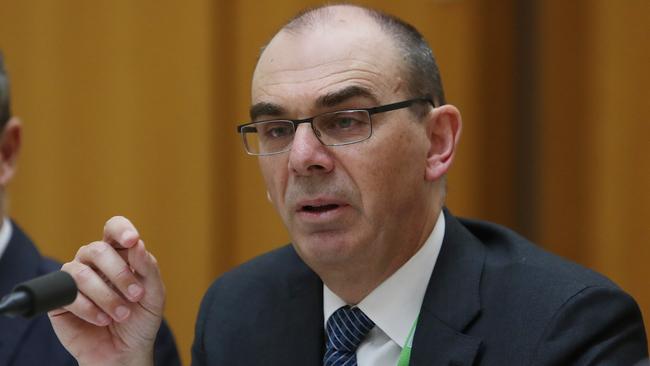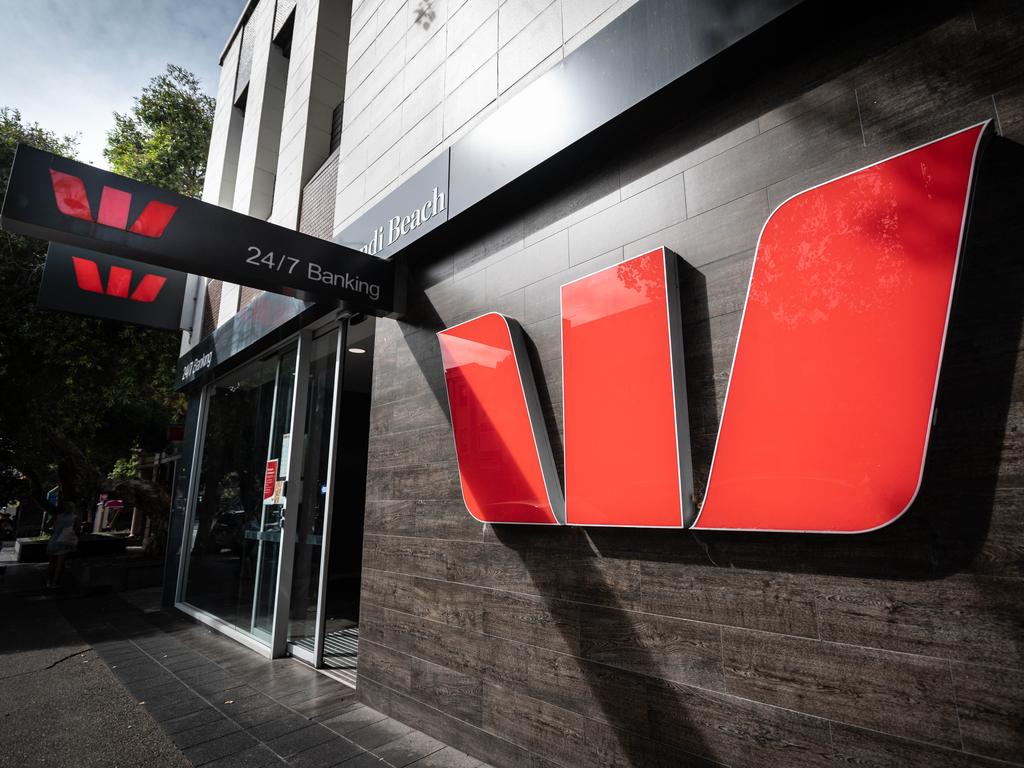APRA eyes bank reforms to bolster resilience in wake of COVID-19
Prudential regulator flags reforms to make financial system more resilient; warns on cyber and climate risks.

The COVID-19 crisis has exposed shortcomings in the banking sector frameworks put in place in the wake of the GFC, with further reforms needed to boost the resilience of the financial system, the head of the prudential regulator has said.
Sketching out some of the reforms under consideration, APRA chairman Wayne Byres on Thursday signalled a subtle shift in the regulator’s focus, with the need for financial resilience to be boosted to complement previous efforts to make the system stronger.
“Put simply, it is possible to be strong, but not resilient … We want a (financial) system that is able to absorb shocks, even from so-called ‘black swan’ events, and have the means to restore itself to full health,” Mr Byres told the 2020 Forum of the Risk Management Association.
“Financially strong balance sheets undoubtedly help provide resilience, and safeguarding financial strength will certainly remain the cornerstone of prudential regulation and supervision. But it is not the full story,” he said.
Addressing the need for greater resilience across the broader financial system, Mr Byres homed in on some of the critical reforms APRA is eyeing, including redesigning the capital buffer framework, adjusting the framework governing the liquidity coverage ratio and cracking down on gaps in cyber security.
Capital strength across the nation’s lenders had served its purpose through the pandemic, Mr Byres told the audience.
“It has instilled confidence in the health of financial firms, and provided comfort that the inevitable losses flowing from the severe economic shock can be absorbed without jeopardising their underlying viability.
“But it also exposed some areas that could be improved to make the system more resilient,” he cautioned.
“The first is a relook at the buffer framework, to make it easier to use capital buffers without unintended consequences.”
A redesign of the buffer framework will be included in the regulator’s coming package of bank capital reforms, which it plans to release for consultation next week.
“Capital buffers are built up in good times to be used when needed, and we will be proposing to make buffers a more prominent part of the capital framework going forward,” Mr Byres said.
Alongside the changes to the buffer framework, APRA is also looking at the role of Additional Tier 1 instruments in providing loss-absorbing capacity.
“Experience over the past year has raised questions as to whether these instruments are capable of providing the loss-absorbing capacity they are designed to achieve,” Mr Byres said.
APRA will closely watch global developments on the role and impact of additional Tier 1 instruments, he added.
In the wake of the scrutiny superannuation funds faced through the government’s early super access scheme, Mr Byres also flagged that the regulator would be reviewing elements of the liquidity coverage ratio to make it more resilient.
“At the heart of the challenges experienced are behavioural assumptions that did not hold up,” he said.
Questioning the assumptions of the liquidity coverage ratio as it stands, including that it was designed to reflect an assumed volume of stressed outflows over a month only, Mr Byres suggested reforms may be in the pipeline.
“We need to reflect on and consider whether — without seeking to raise requirements — we can adjust the framework to make the system more resilient to liquidity stress.”







To join the conversation, please log in. Don't have an account? Register
Join the conversation, you are commenting as Logout